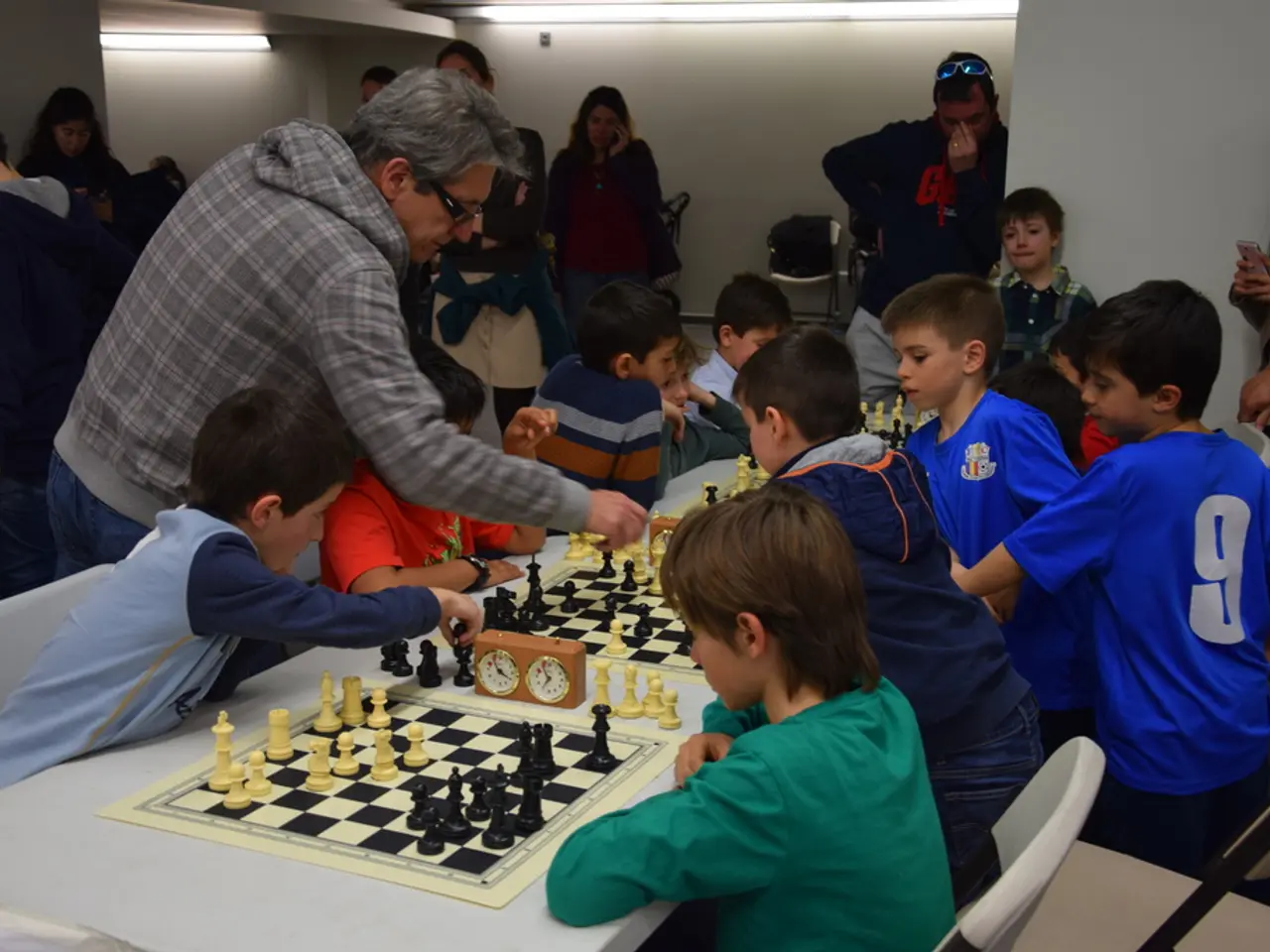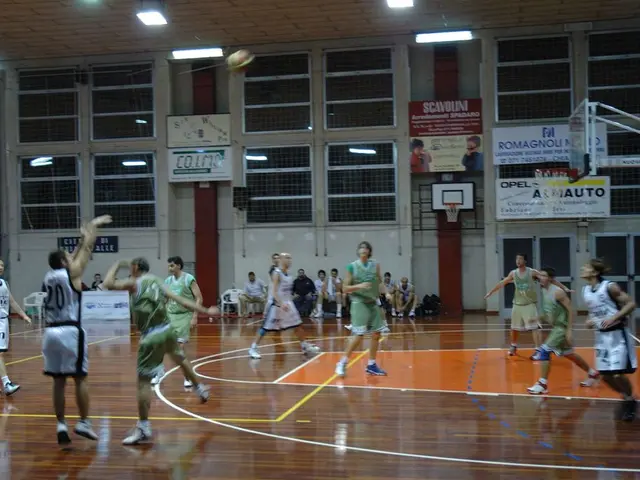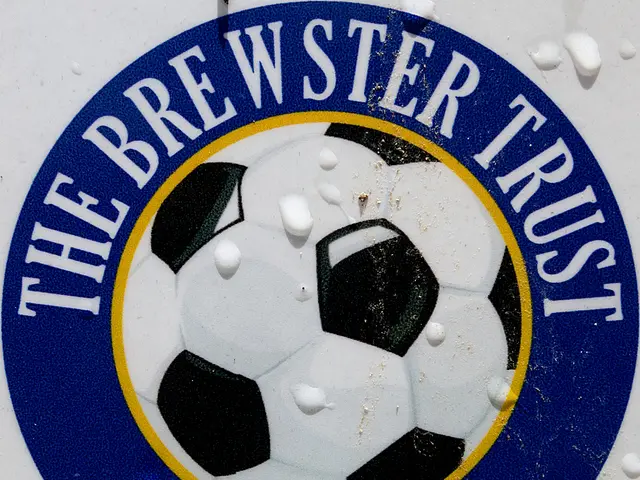Intentional Losses in Chess: Li Haoyu's FIDE Ban and the Threat of Strategic Defeat
In the world of chess, sandbagging - intentionally losing games or underperforming to lower one's Elo rating - has long been a concern for tournament organisers and governing bodies alike. This practice allows players to qualify for lower-rated tournament sections, aiming to target substantial prize money.
The United States Chess Federation (USCF) took a significant step in 2023 by amending its Code of Ethics to include sandbagging as a form of unethical conduct, allowing for disqualification and forfeiture of prizes. This move was part of a larger global effort to combat sandbagging and ensure fair competition in chess tournaments.
Strategies to detect and prevent sandbagging have evolved over the years. Rating monitoring is a key strategy, with chess federations and platforms tracking unusual rating drops, especially significant losses against much lower-rated opponents. Behavioural analysis also plays a crucial role, as arbiters scrutinise in-game decisions that appear questionable, particularly when a player has an apparent advantage but makes inexplicably poor moves.
Regulatory actions are another tool used by chess governing bodies. For instance, the FIDE Ethics & Disciplinary Commission imposed a six-month ban on Li Haoyu, a former Chinese chess prodigy, in August 2025 for sandbagging. Such penalties reflect a commitment to maintaining integrity in the sport.
However, challenges persist in confidently identifying intentional manipulation, especially distinguishing it from natural performance variation. For example, defence panelists in Li Haoyu's case argued his performance decline could relate to a long absence from competitive play. Subtlety of manipulation is another issue, as players may draw or lose games strategically, complicating detection.
Resource limitations, digital environment complexity, and the prevalence of sandbagging in regions with large cash prizes for lower-rated sections further complicate the issue. In response, chess authorities are turning to enhanced data analytics and transparent regulatory frameworks as key tools in the fight against sandbagging.
The European Chess Union launched a pilot project in 2025 to cross-check online and over-the-board ratings, targeting players with discrepancies greater than three hundred Elo points. Major chess platforms like Chess.com have also implemented detection algorithms and account oversight mechanisms to identify and deter rating manipulation, including sandbagging.
The All India Chess Federation began collaborating with online platforms in early 2024 to share data on suspicious rating changes, aiming to prevent sandbaggers from entering national qualifiers. The USCF applies minimum entry ratings based on previous high ratings or prize winnings to counter sandbagging's impact on tournament qualification.
Despite these efforts, sandbagging continues to challenge the fairness of competitive chess. Reports of rating distortions in Myanmar during the late 1990s illustrate the persistent challenges of ensuring rating integrity in chess competitions worldwide. However, with continued vigilance and the evolution of detection methods, the fight against sandbagging is far from over.
[1] Source: Chessbase News (2025) [2] Source: USCF Code of Ethics (2023) [3] Source: Elo Rating System (2022)
Sports such as chess are not immune to unethical practices, with sandbagging being a growing concern in competitive environments. The United States Chess Federation (USCF) amended its Code of Ethics in 2023 to include sandbagging as a form of unethical conduct, underscoring the global movement towards combating these issues and fostering fair competition.







